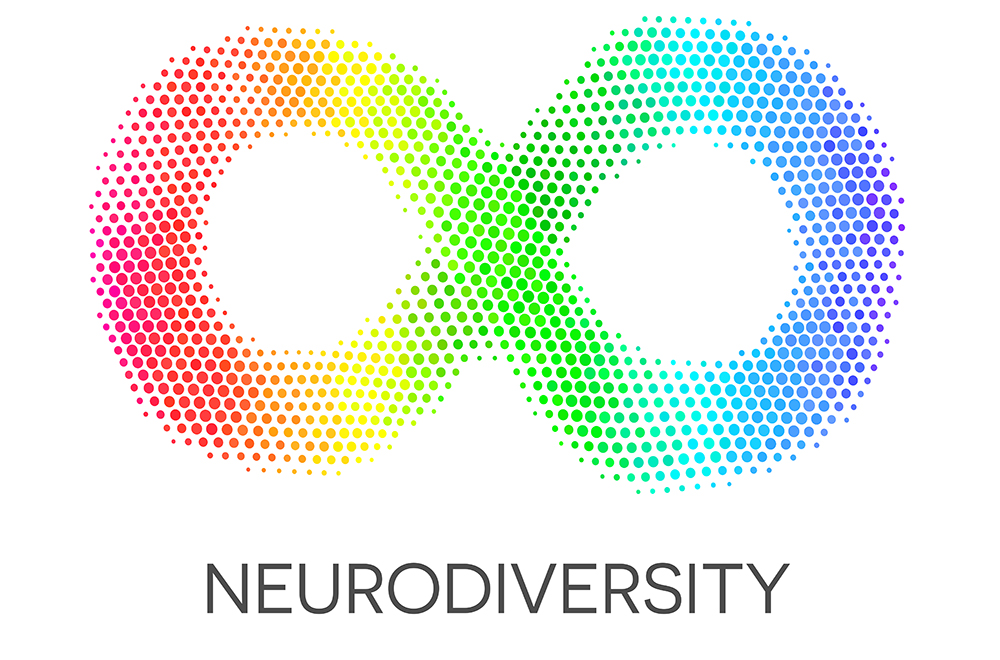
Some research shows that individuals with ASD find it difficult to be aware of their own mental states. However, little is known about ASD individuals' capacity to monitor other aspects of cognitive activity-i.e. metacognition. In this research project, Prof. David Williams examines metacognition in children with ASD.
Find more information about the Kent author here
Find the full paper here
About
Some research has shown that individuals with autism spectrum disorder (ASD) have difficulties representing their own mental states (for example, being aware of their own beliefs and false beliefs). There is however, very little known about the extent to which individuals with ASD are able to monitor other aspects of cognitive activity – i.e. metacognition. An example of metacognition is the ability to monitor what information you already know and what information you still need to learn when you are studying for an exam. This ability is related to several educational outcomes including exam performance.
Given that individuals with ASD often demonstrate difficulties self-regulating their behaviours, and often underperform at school, the study of metacognition in ASD is important. The current study examined judgement of learning accuracy in individuals with ASD.
Research Objectives
• To examine whether individuals with ASD could accurately judge whether they had learned a piece of information.
Programme and Methodology
Participants:
• Typically developing adults and adolescents
• Adults and adolescents with ASD
• All participants completed a judgement of learning task:
• Judgment of Learning Task: Participants are shown a pair of words. Participants are asked to judge how likely they are to remember the second word. For more information, please see the full paper.
Findings
• There was no difference in the performance on the judgment of learning task found between participants with ASD and comparison participants.
Impact
• This project offered new and important insight on judgment of learning accuracy in high-functioning individuals with ASD.
• The findings suggest that judgement of learning is unimpaired in ASD.
• This project has important implications for educators :
• Given that individuals with ASD appear as accurate as typically developing ones in judgments of learning, it would be useful for teachers to encourage students with ASD to make explicit judgments of learning when trying to learn new material.